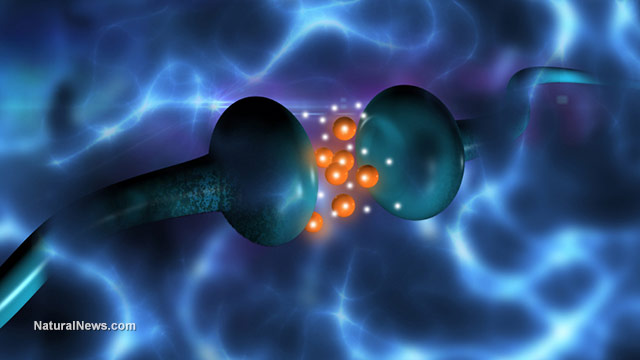| Online: | |
| Visits: | |
| Stories: |

| Story Views | |
| Now: | |
| Last Hour: | |
| Last 24 Hours: | |
| Total: | |
Is Your Deodorant Drugging You Through the Armpits Daily With This Neurotoxin?

As the temperature rises in the body, thousands of sweat glands begin to bead up, preparing to cool the body down. The average person possesses about 2.6 millions sweat glands — a built in thermostat. This system is made up of eccrine glands and apocrine glands.
Eccrine glands are the most numerous, harbored in places like the forehead, hands, and feet. These glands are activated at birth and do not secrete proteins or fatty acids.
Apocrine glands, on the other hand, do secrete proteins and fatty acids and are found in the genital area and armpits. These become active during puberty and usually end in hair follicles.
The sweat coming from both types of glands does not have an odor. Body odor comes from bacteria living on the skin. The bacteria metabolize the proteins and fatty acids secreted from the eccrine glands, ultimately producing an odor. That odor can be influenced by the type of bacteria living on the skin and the kind of food a person eats.
This often unpleasant odor is the reason why deodorants and antiperspirants have become a popular body care product today. Many people have their favorite brand but are unaware that many antiperspirants are actually drugs that change the physiology of the body. These antiperspirants contain an active ingredient that is scientifically validated to accelerate brain aging and cause Alzheimer’s disease. This drug is often rubbed into the sweat glands and taken up into the body.
Deodorants versus antiperspirants
Deodorants work by killing the bacteria that live on the skin. They are often scented to provide consumers with a pleasant fragrance. Commercial deodorants often contain hormone-disrupting chemical fragrances that absorb into the skin and disrupt the endocrine system. Natural deodorants use plant-based essential oils as an alternative to the chemicals. Many of these essentials oils give the natural deodorant more power, because they possess antibacterial properties that help drive away the bacteria in the sweat glands that cause the actual stink.
Source: http://truthisscary.com/2014/08/is-your-deodorant-drugging-you-through-the-armpits-daily-with-this-neurotoxin/



